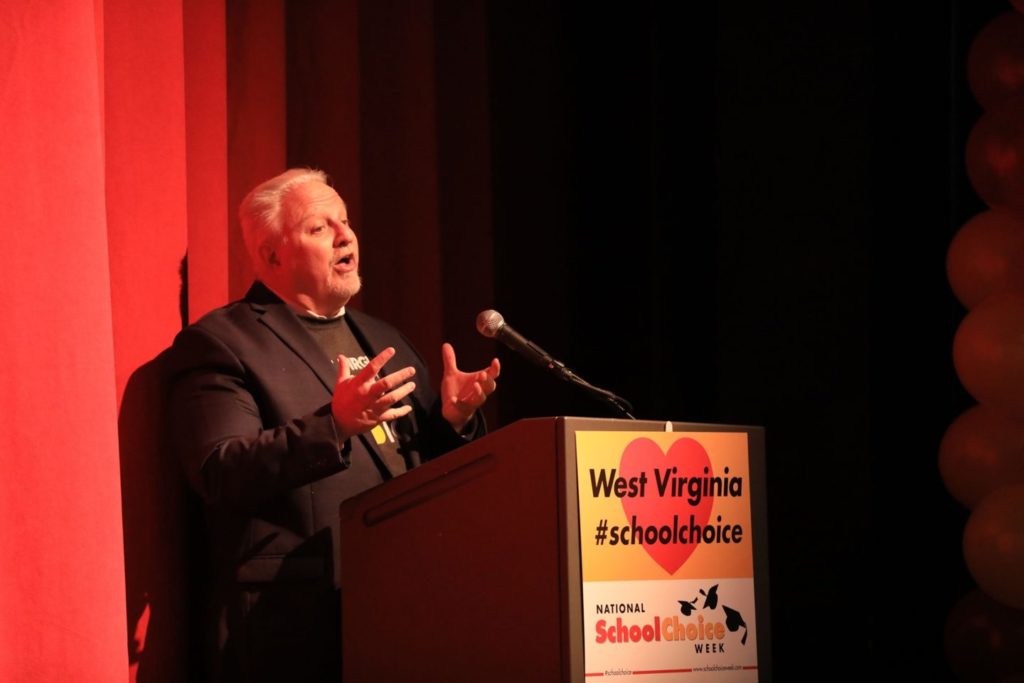West Virginia advocacy group creates website to show impact of contested scholarship program
(reimaginED) – Almost immediately after a judge’s ruling shut down the state’s first education savings account program, emails flooded the Cardinal Institute for West Virginia Policy from…

(reimaginED) – Almost immediately after a judge’s ruling shut down the state’s first education savings account program, emails flooded the Cardinal Institute for West Virginia Policy from families pouring their hearts out.
The father of an academically gifted son with attention deficit hyperactivity wrote that he was anticipating the financial flexibility afforded by the scholarship program as a route to a private school education.
“Because of the injunction, we will not be able to move forward with the education that he needs and we will also lose money since we will have to pay $500 to unenroll our children from their private school,” said Kevin Thompson
Another parent, Patricia Woodson, wrote of how the decision dashed her family’s dreams of a faith-based education for her son.
“It made me feel as though someone had pulled the rug out from under me,” Woodson said.
Woodson was referring to the July 6 decision in which Kanawha Circuit Judge Joanna Tabit ruled the program unconstitutional and halted it three weeks before schools were set to open for the 2022-23 academic year. The ruling, which has not been stayed during the appeals process, left more than 3,000 families who were granted a scholarship scrambling for alternatives.
The appeal has made its way to the West Virginia Supreme Court, which heard arguments on Oct. 4. (You can read the latest update on the case here.)
“We’re working-class people, so private school isn’t easy to afford,” Woodson wrote. “I hope the justice system of West Virginia would think of not only my child, but all the children impacted by this decision because they are West Virginia’s future.”
Though Cardinal Institute staff were getting the emails, they didn’t see families’ perspective reflected in media coverage of the legal challenge to one of the nation’s broadest education choice laws, which would allow parents to customize their child’s education through greater spending flexibility than traditional scholarship programs.
So, the institute, which supported the law, decided to share those emails on www.hopeinthehillswv.com, a special page devoted to raising awareness of the program’s impact on children.
“Our team at the Cardinal Institute recognized early on in the process of Hope Scholarship implementation that media coverage of West Virginia’s new program was largely focused on the political debates surrounding the program and the impacts it would have on the traditional public education system,” said Amanda Kieffer, the institute’s communications director. “We want this project to bring the focus back where it should be: on the kids.”
The site includes stories told by parents of children who planned to use the program to escape bullying, as well as parents whose kids’ medical conditions required therapies that overwhelmed district schools could not provide.
“It is our desire that, regardless of the outcome of the lawsuit against the Hope Scholarship, community leaders recognize the demand for alternatives to the traditional education system in West Virginia and the real need these children have for better options,” Kieffer said.
This article originally appeared at reimaginED.



